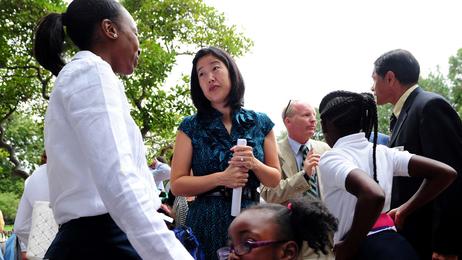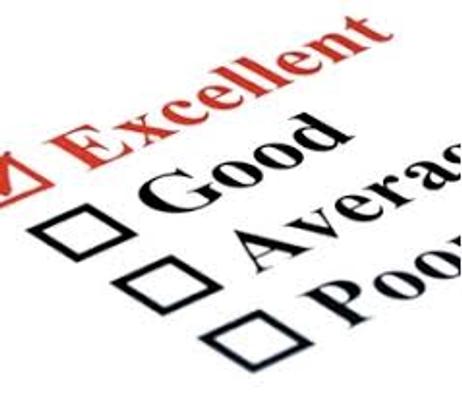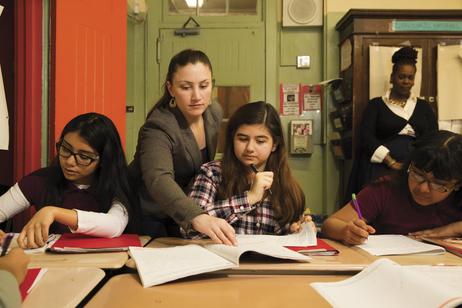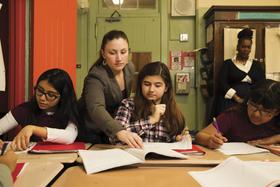Standardized tests have come under fire once again in Washington D.C., as the results in three schools have now been thrown out due to testing procedure violations and allegations of impropriety. The city has also implemented tighter security guidelines and is monitoring more schools for testing irregularities each year, according to a report at WAMU. The results of this investigation have resulted in specific measures being taken to ensure the integrity of the testing process in the future. However, questions still remain about how Washington D.C. schools ended up in this position in the first place and whether high-stakes testing is to blame for the problems.
This video reports on the C.D. schools' standardized test scandal.
A History of Washington D.C. Test Issues
Michelle Rhee, the former chancellor of Washington D.C. schools, sang the praises of many of the schools that raised their standardized test scores by astronomical numbers under her watch. Rhee used the test results as evidence that her sometimes unpopular methods of education reform were working. One school, in particular, Noyes Education Campus, showed two-year gains that were nearly unheard of in the public education system. However, the school also displayed an unusually high number of erasures on their tests, which raised the eyebrows of some education officials and the media.
USA Today was all over the concerns and looked at other schools within the city to



















